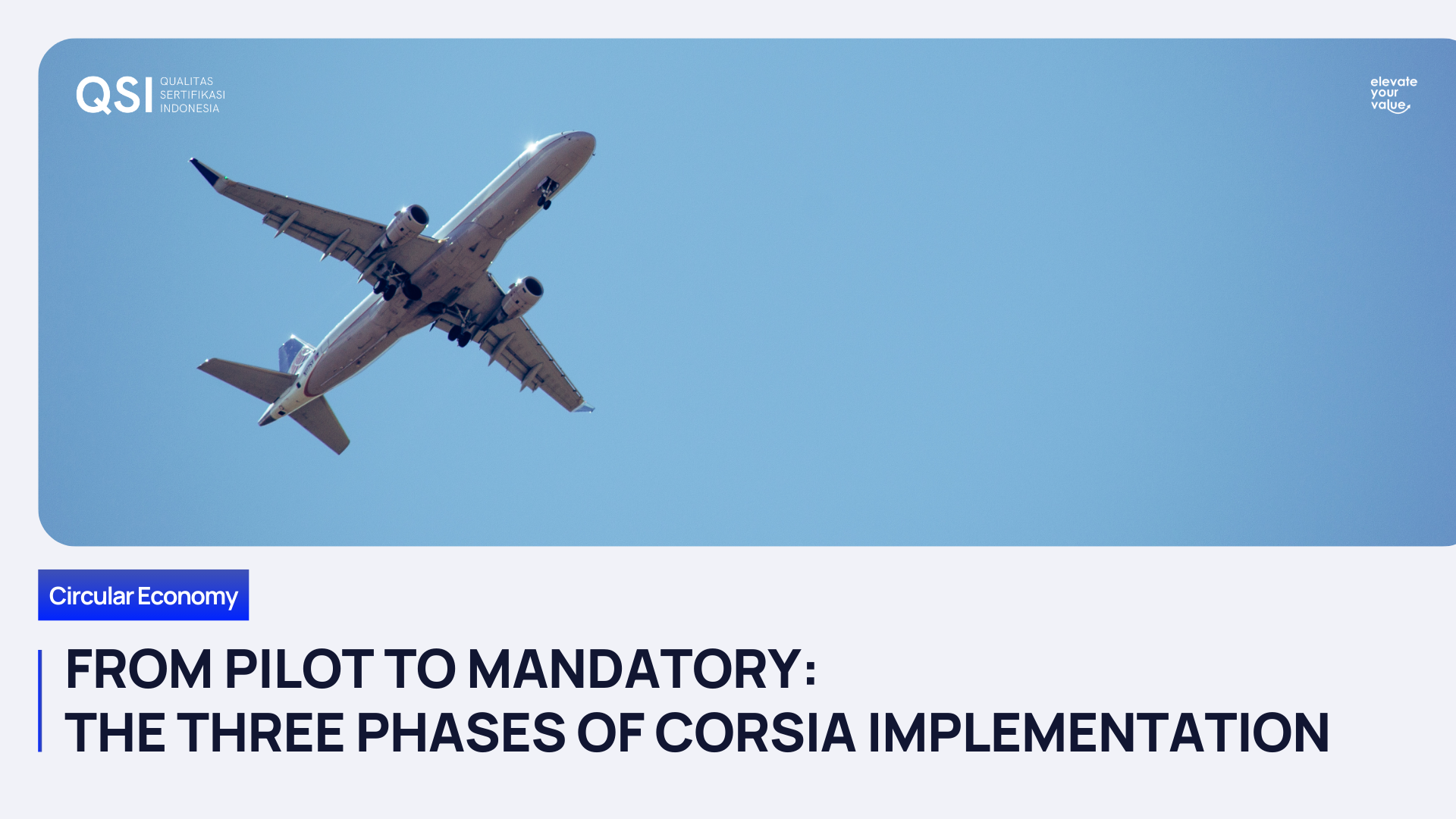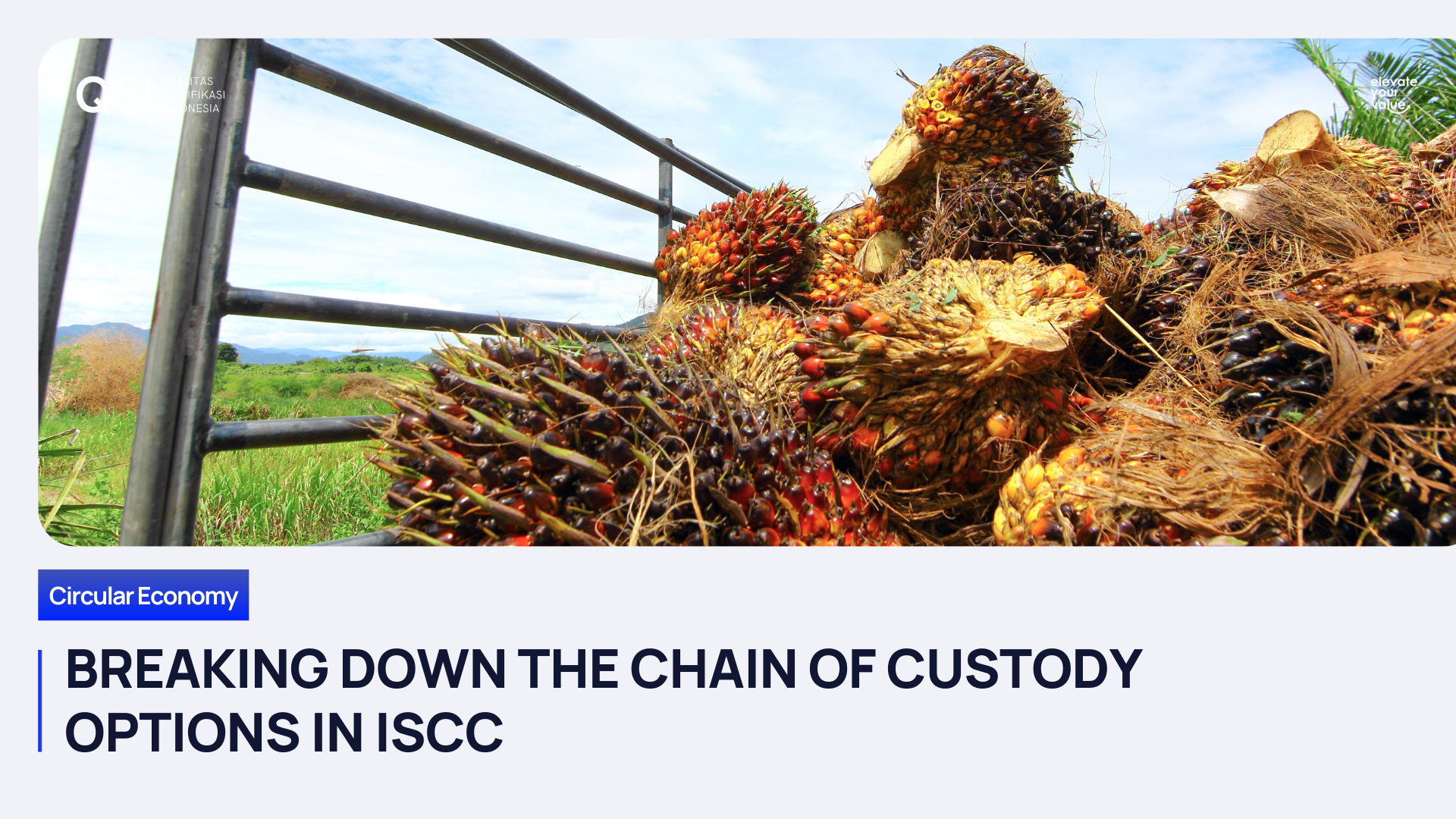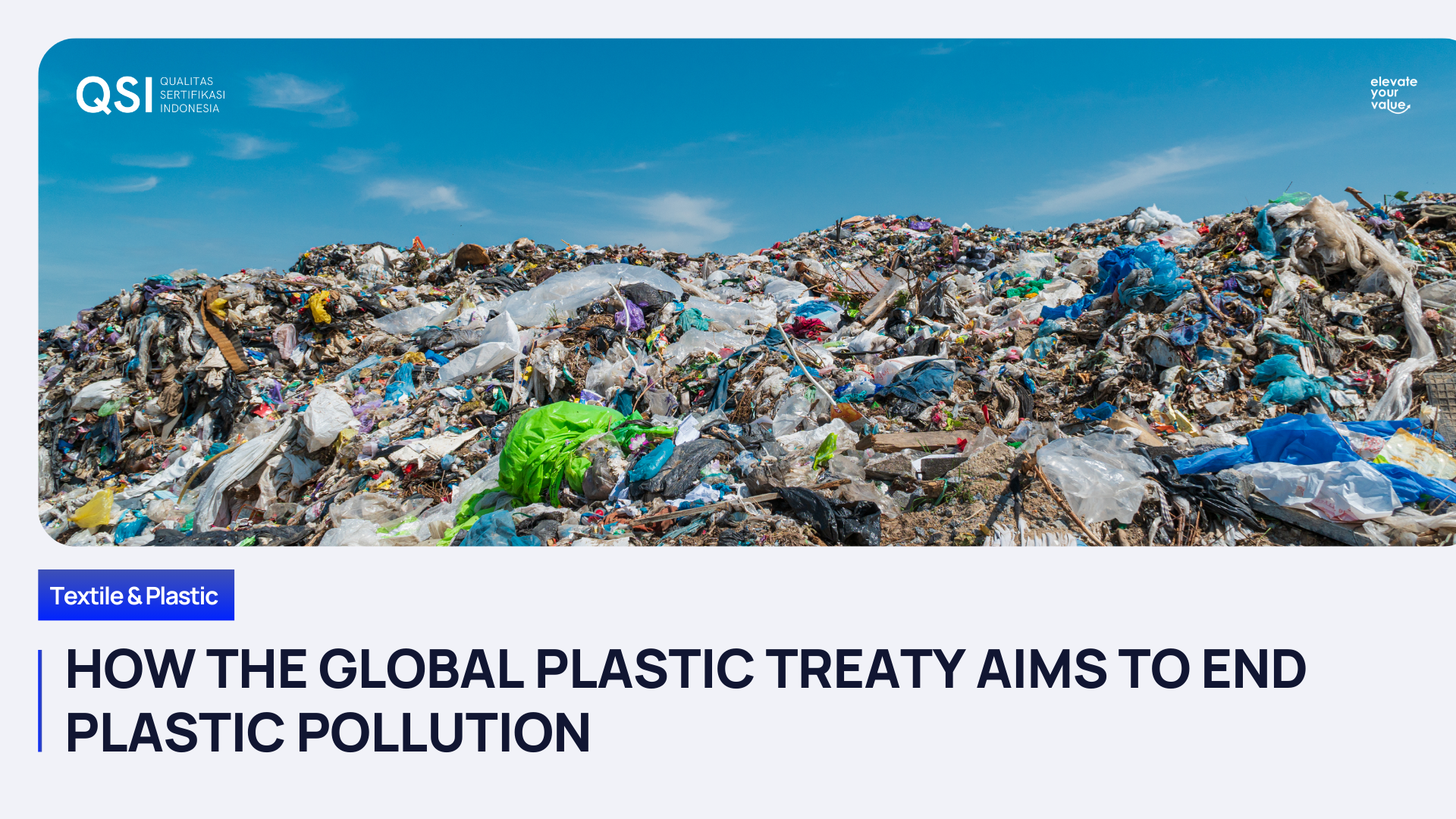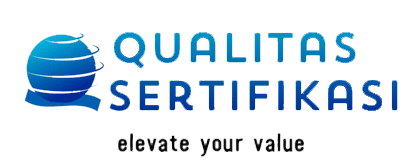Produk-produk Ini Bisa Buka Peluang Ekspor dengan ISCC
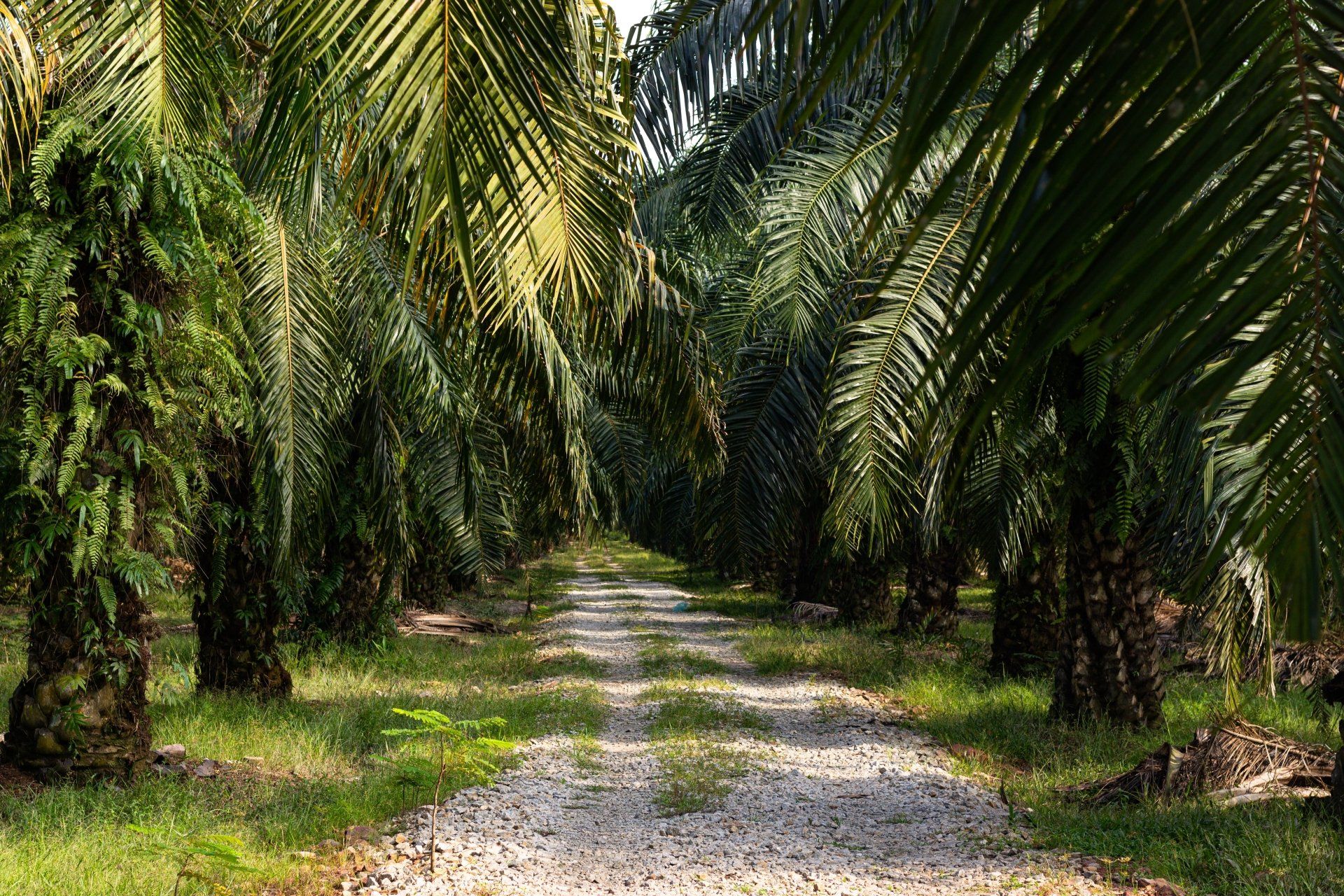
ISCC atau International Sustainability and Carbon Certification merupakan salah organisasi multi-stakeholder independent, yang menyediakan sistem sertifikasi. Sistem ini berlaku secara global, untuk tujuan keberlanjutan bahan baku dan produk, ketertelusuran melalui rantai pasokan, serta penentuan emisi dan penghematan gas rumah kaca. Hal ini diperlukan sebagai bentuk kontribusi implementasi produksi yang berkelanjutan, baik secara lingkungan, sosial dan ekonomi, maupun penggunaan semua jenis biomassa dalam rantai pasokan global.
Dalam upaya keberlanjutan dan pengurangan emisi, sejumlah ruang lingkup pun diberlakukan, seperti ISCC EU, ISCC PLUS, ISCC CORSIA, serta Japan FIT. Sertifikasi ISCC ini dapat digunakan untuk segala bentuk biomassa, seperti tanaman klasik untuk produksi energi yaitu tebu, jagung, kedelai, hingga kelapa sawit.
Dengan adanya sertifikasi ini, membuka peluang bagi pengusaha ataupun pengekspor untuk memperluas pasarnya. Kepercayaan yang didapat dari konsumen dengan adanya sertifikasi menjadi nilai lebih yang bisa ditawarkan.
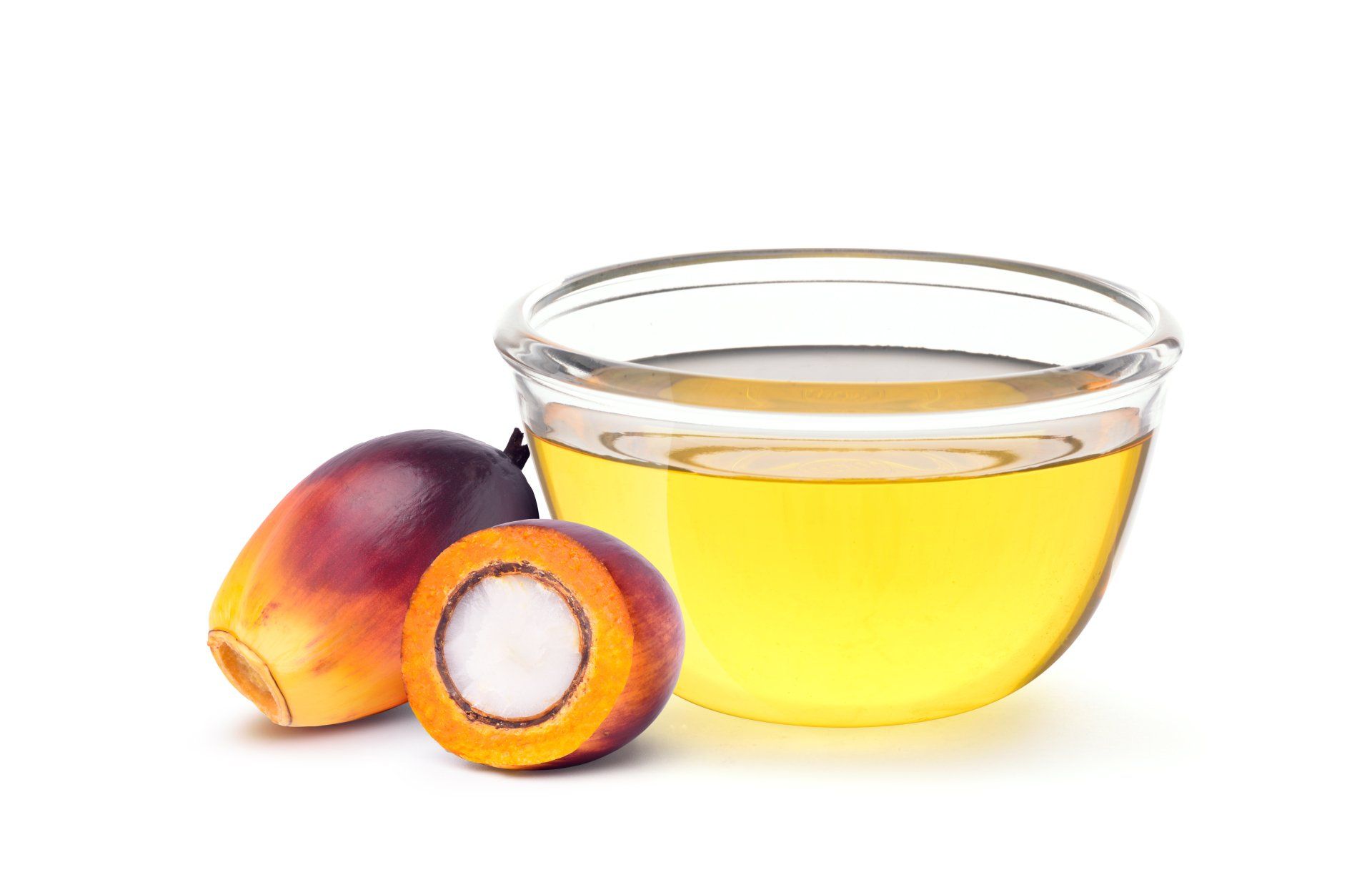
Dari sekian banyak produk yang bisa ditawarkan kepada pasar, utamanya pasar global, berikut ini beberapa yang memiliki potensi besar untuk dikembangkan:
Pasar Minyak Kelapa Sawit atau Crude Palm Oil (CPO)
Sistem sertifikasi ISCC menawarkan pasar CPO yang sangat luas. Hal ini tidak hanya menguntungkan dari segi pasar, namun juga harga yang bersaing. ISCC memiliki kelebihan karena mencakup seluruh rantai pasokan, mulai dari lapangan hingga ke konsumen, sehingga memastikan keterlacakan seluruh rantai pasokan. Tak hanya itu, ISCC menjamin audit yang efektif dan efisien, serta menawarkan dokumen system ISCC dan alat audit lain secara komprehensif.
Pada Juli 2011, Komisi Eropa mengakui ISCC sebagai salah satu skema sertifikasi pertama yang menunjukkan kepatuhan pada persyaratan Renewable Energy Directive (RED) di Uni Eropa.
Biomasa Cangkang Sawit
Biomasa merupakan salah satu sumber energi terbarukan dengan peluang yang dinilai sangat potensial dalam pasokan energi global. Saat ini, banyak industry yang beralih ke cangkang sawit dari batu bara. Cangkang sawit ini sebelumnya merupakan limbah industry sebagai bahan bakar.
Pemerintah Indonesia pun berupaya mendorong untuk mengekspor biomassa ke Jepang, sebagai salah satu cara memanfaatkan peluang dan pasar yang ada. Bahkan, diharapkan cangkang sawit ini dapat menjadi salah satu komoditas ekspor yang unggul.
Selain cangkang sawit, beberapa produk lain yang terbuka pasarnya di Jepang adalah tangkai kelapa sawit (palm husk) dan pelet kayu (woodpelet), yang memiliki potensi sebagai bahan bakar industry biomassa. Jepang menargetkan peningkatan energi terbarukan sekitar 22-24 persen pada 2030.
Kemasan
ISCC tidak hanya berkutat pada produk-produk energi terbarukan, namun juga berupaya berkontribusi pada pasar kemasan suatu produk. Bahan baku yang digunakan untuk memproduksi kemasan ini harus dipastikan mengurangi jejak karbon produk.
Pangan
Bahan dasar yang digunakan untuk mengolah sebuah produk panganan juga perlu dilakukan sertifikasi ISCC untuk memastikan pengurangan emisinya. Salah satu perusahaan minuman asal Hungaria, Hungrana AG, disebut mengajukan sertifikasi ISCC PLUS untuk pemanis berbahan dasar jagungnya. Jagung yang ditanam menurut enam prinsip ISCC PLUS ini digunakan dalam berbagai produk untuk industri makanan dan pakan.
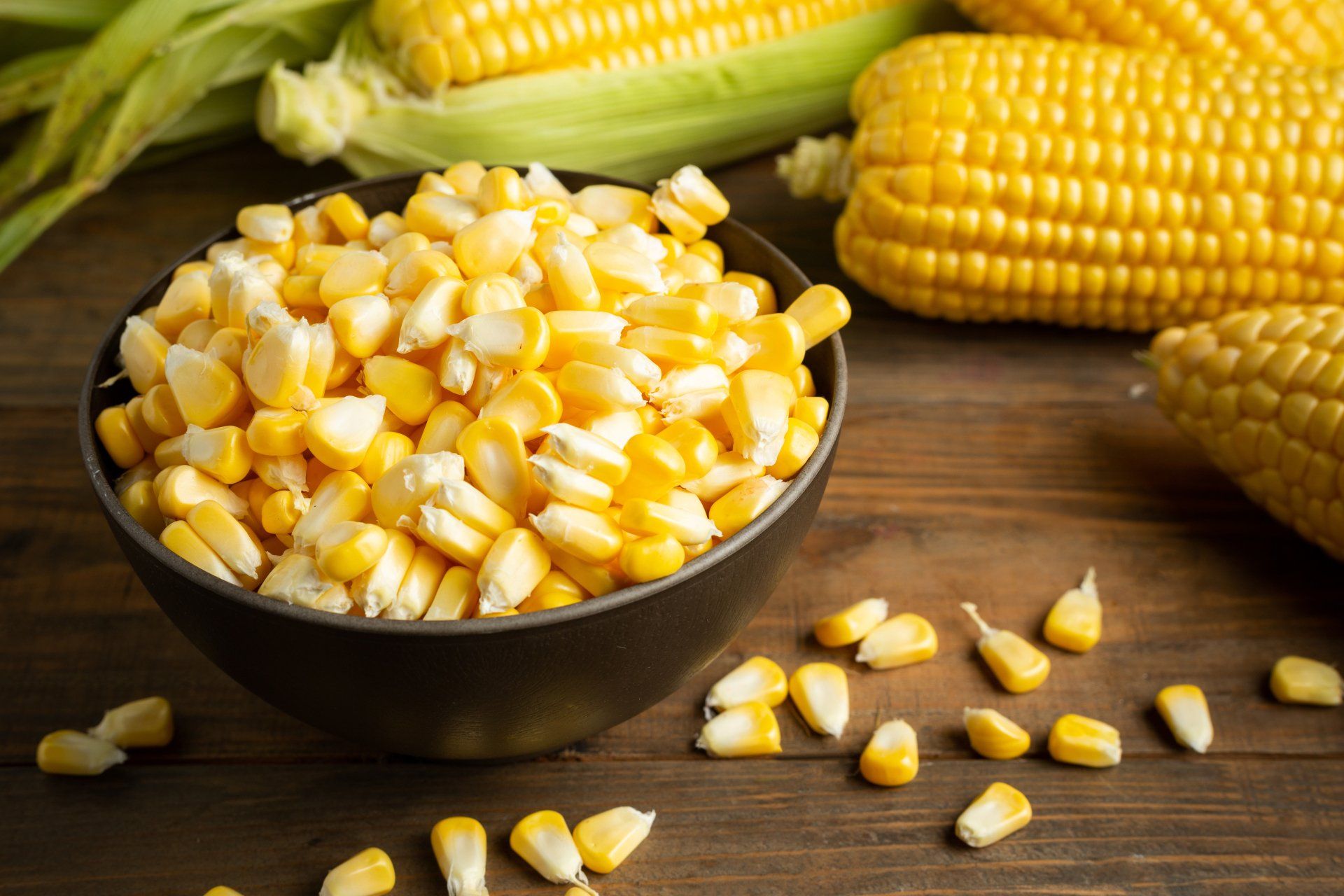
Selain empat contoh produk di atas, masih ada produk-produk lain yang berpotensi besar untuk diekspor dan membuka jalan dengan sertifikasi ISCC. PT Qualitas Sertifikasi Indonesia merupakan salah satu perusahaan yang menyediakan layanan sertifikasi ISCC EU, ISCC PLUS, Corsia maupun Japan Fit.
Untuk informasi lebih lanjut akan sertifikasi ini maupun penjelasan lain, temen-temen bisa klik
link ini dan hubungi kontak yang tersedia.
